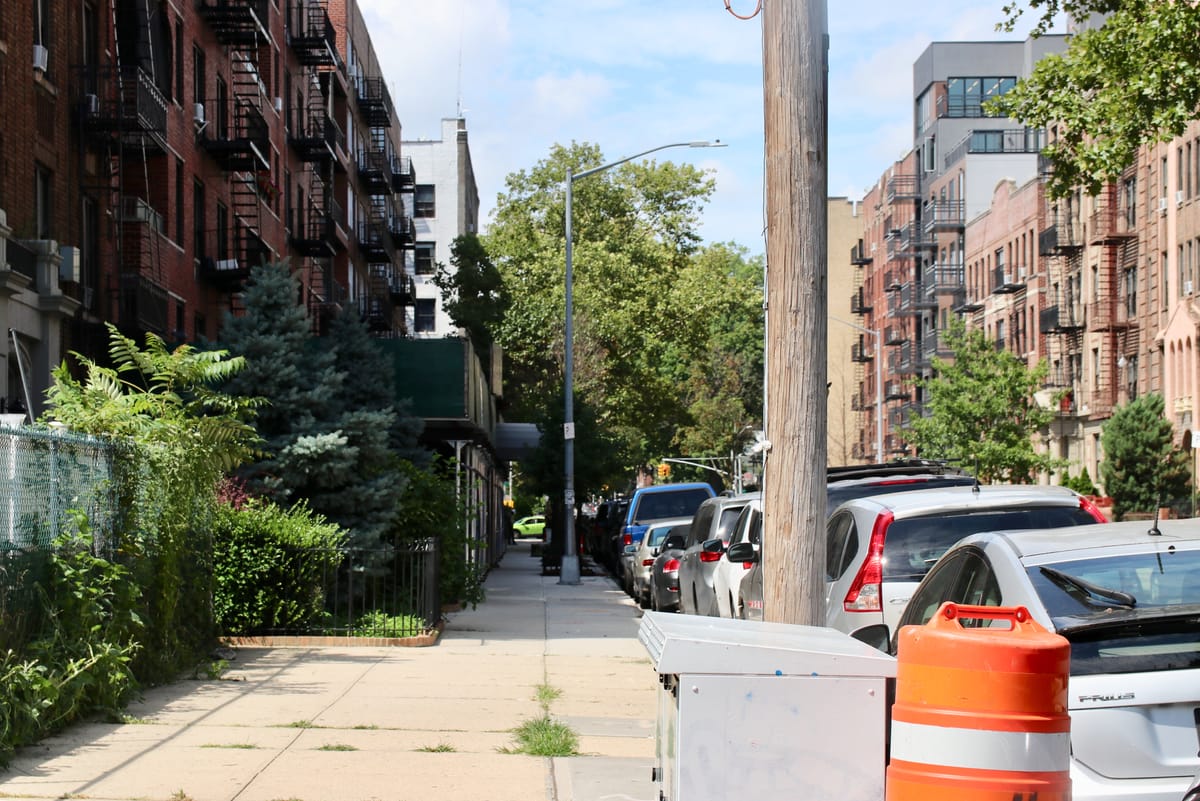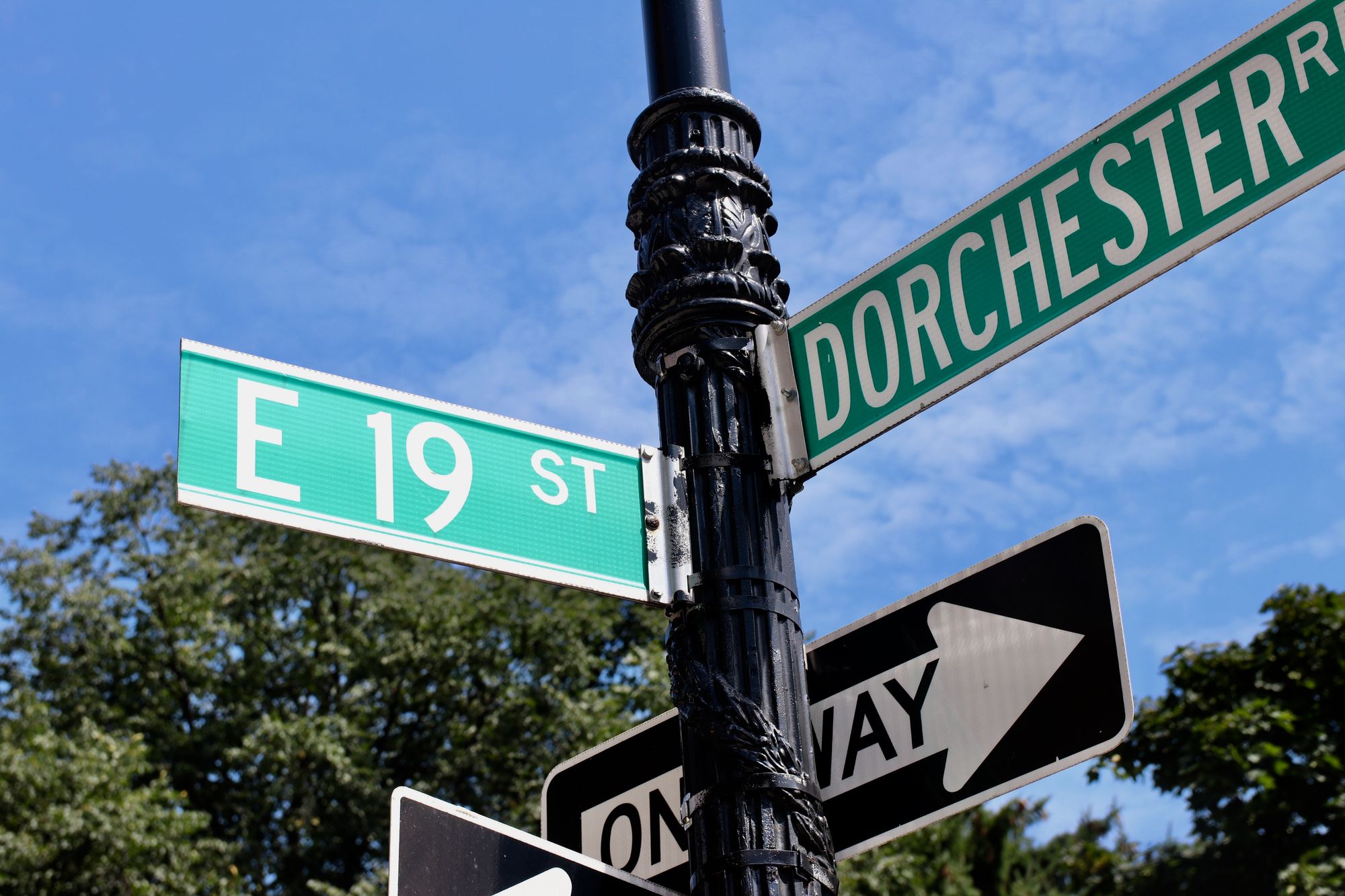East 19th Street’s #MeToo Story Gets Shared And Wins


DITMAS PARK – Wirdah Khan, an 18-year-old soon-to-be freshman at Brooklyn College, won the Joseph E. Mohbat Prize for Writing for an essay on what the #MeToo movement means to her.
“Can you hear that? She’s fairly loud — you can probably hear all the way across the ocean,” she writes. “I realize that your ears have probably become accustomed to the silence of a million women not saying a word; hearing one speak must really have capsized you. Don’t write her off — she has something important to say (and she won’t ever be silent again).”
Khan lives in Dimas Park and is the second to youngest, with three older sisters and a younger brother. Her family is from Pakistan, though she was born here. She wasn’t planning on submitting an essay for the competition until her teacher at Benjamin Banneker Academy for Community Development made it mandatory for her class.
In her essay, Khan writes about the sexual harassment she and her sister who’s a couple of years older have experienced in her Ditmas Park neighborhood. She’s been sexually harassed all throughout high school. She writes about when her sister was walking home and a man grabbed her wrists wanting to restrain her. Her sister ran home crying, and her mother said, “I’ve told you not to walk home the back way at night.”

She writes about constantly getting catcalled by a group of men on 19th Street between Dorchester and Cortelyou Roads. “Even when it’s raining, there will be guys standing outside,” Khan tells Bklyner. “Like, don’t you guys have lives?”
Men, who laugh when she glares at them in anger. She writes of the 19th Street: “I heard one call obscene things my way, a sound so rancid and foul that I could hear it through my headphones. This man is entitled to the way my head turns toward his voice, but not to the way my teeth clench in anger at his catcalls.”
Khan works at a local pharmacy. “… one day, a regular customer of ours comes into the pharmacy, tells me he likes the way I look and slides me an envelope.”
“Inside is a crisp 50-dollar bill,” Khan writes. “He tells me that I don’t have to work for my reward anymore — I can get it elsewhere. I’m rendered speechless.”
“My boss told me he’s done it to other girls, too,” Khan told Bklyner. “I asked my co-worker and she still can’t look the guy in the eye.”
In her essay, Khan says, “They can’t do anything, though, because he hasn’t technically done something illegal.”
“… even though she’s done nothing wrong, and has been nothing but a good employee at our pharmacy, she is the one who must be embarrassed for what he’s doing, while he continues to ask women to get on their knees for him for a measly 50-dollar bill.”
“Can you hear that? No? I can’t say ‘Me Too,’ just yet. He has to do something illegal first,” she writes.
The powerful essay won Khan $1,500. She is spending her summer working, with her only free time on Tuesdays and the weekend. She absolutely loves to binge-watch television shows (she’s obsessed with the Game of Thrones) and enjoys reading fantasy books.
Currently, she is undecided on what she wants to major in college. She’s leaning toward psychology or medicine and wants to one day be a surgeon (she was inspired by the doctors on Grey’s Anatomy).
“I could tell you a story about the different ways men tell me to bend over on the sidewalk, so they can ‘f*** me the right way.’ (Does that catcall make you uncomfortable? It made me feel ten times worse),” she writes. “I could tell you about the times’ boys in my school grabbed my breasts and then ran off or pushed me into a locker, so they could press up onto my backside.”
“And I will. I’ll tell you all of these stories. I’ll tell everyone. I’ll shout it from the rooftops, sing it in the shower, yell into the infinite, black, void, ‘ME TOO, ME TOO, ME TOO!’ Did you hear that? Good, I won’t ever be silent again.”




